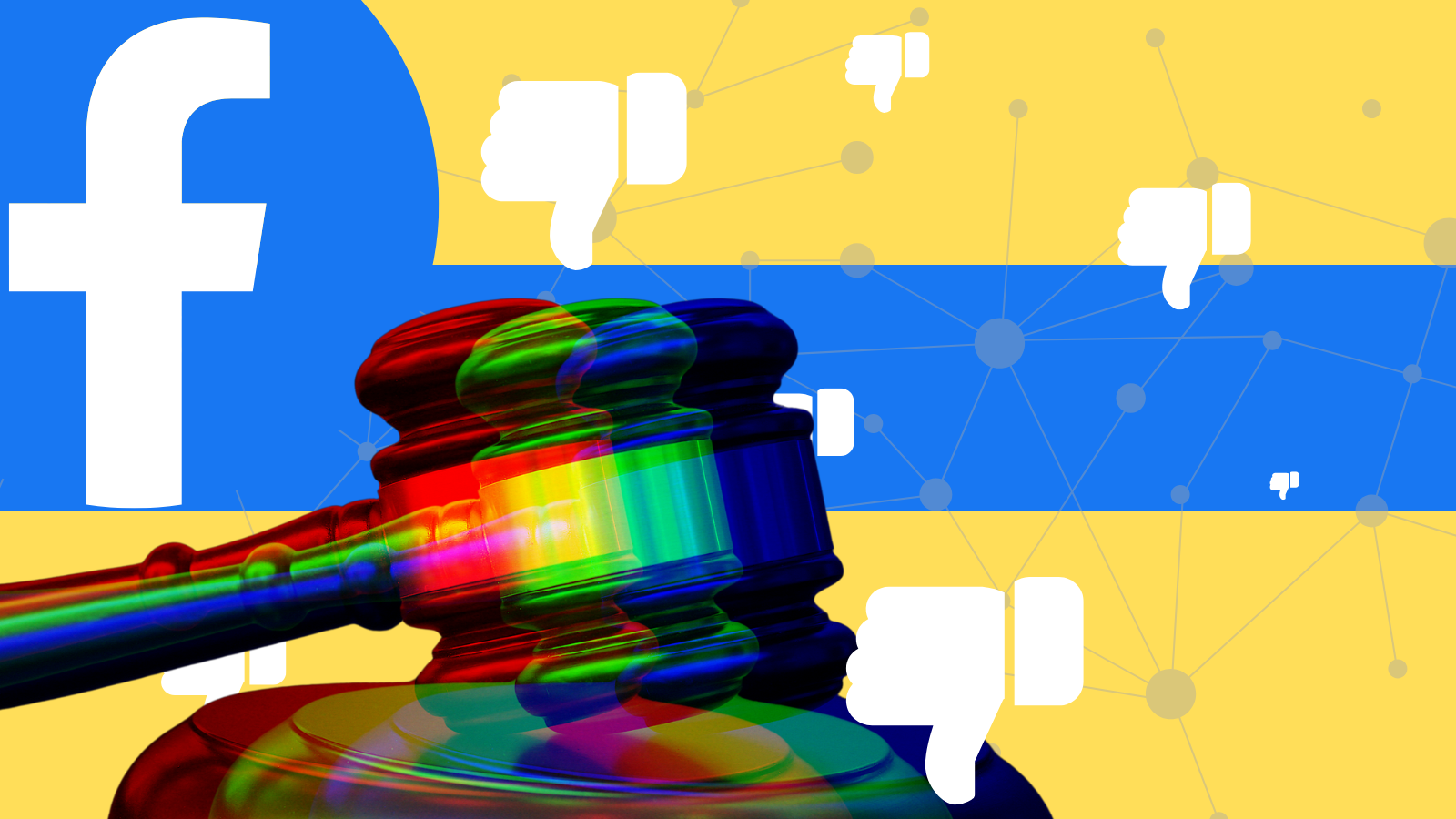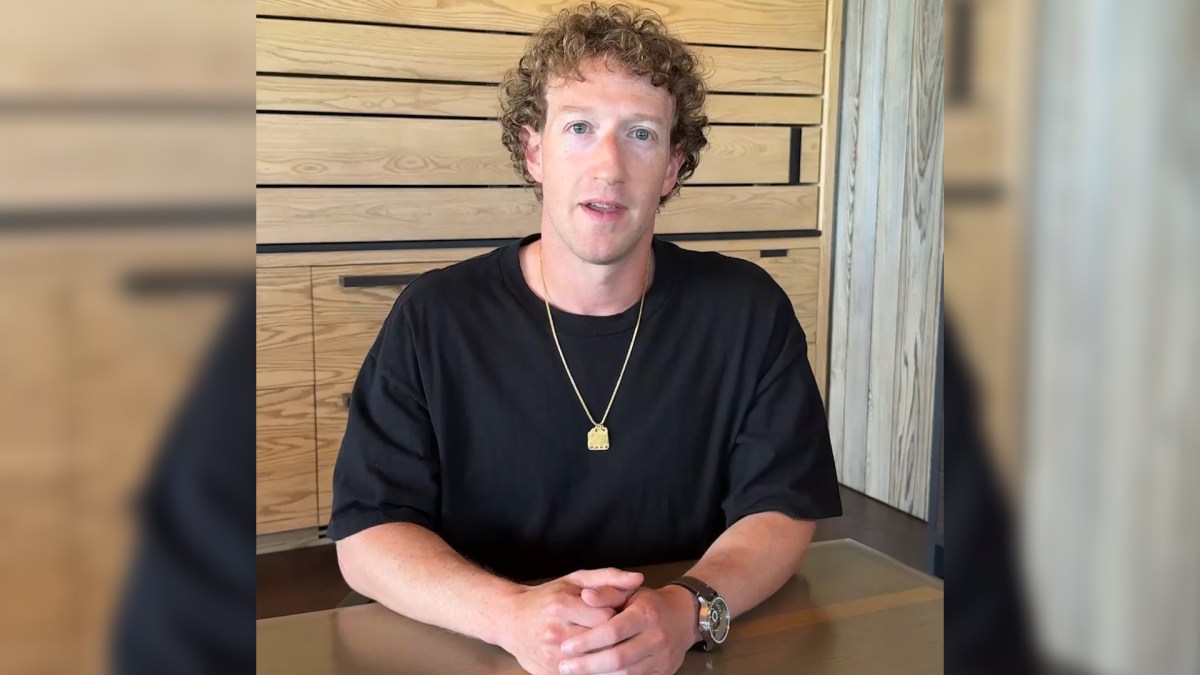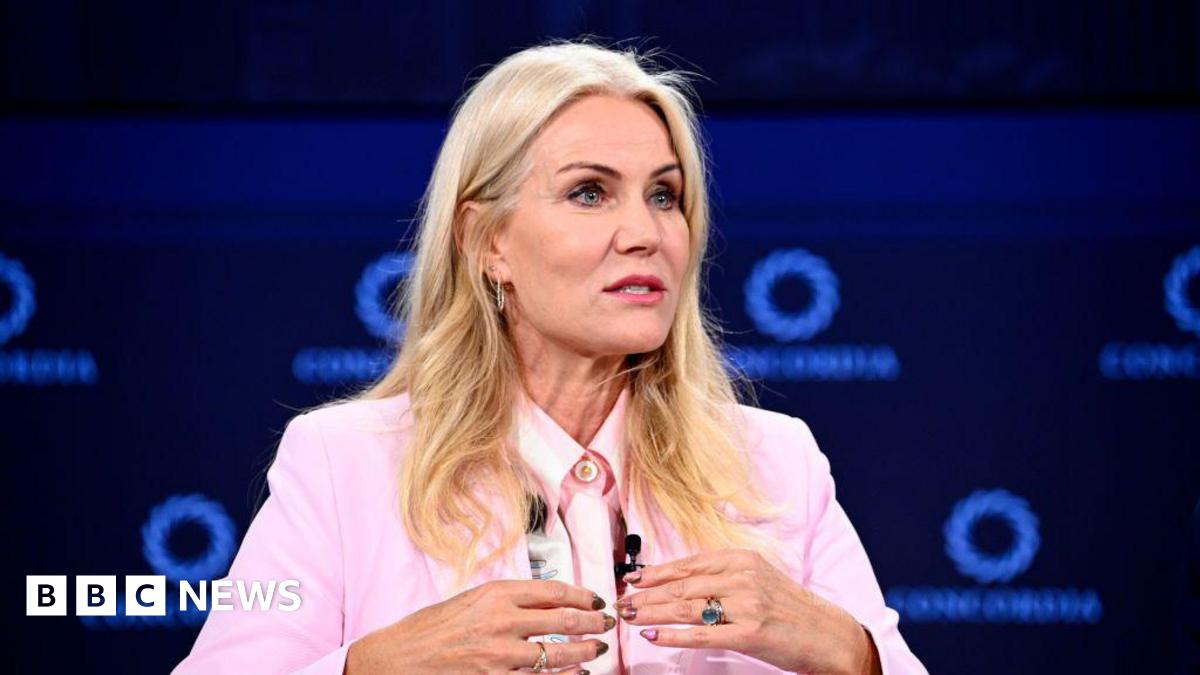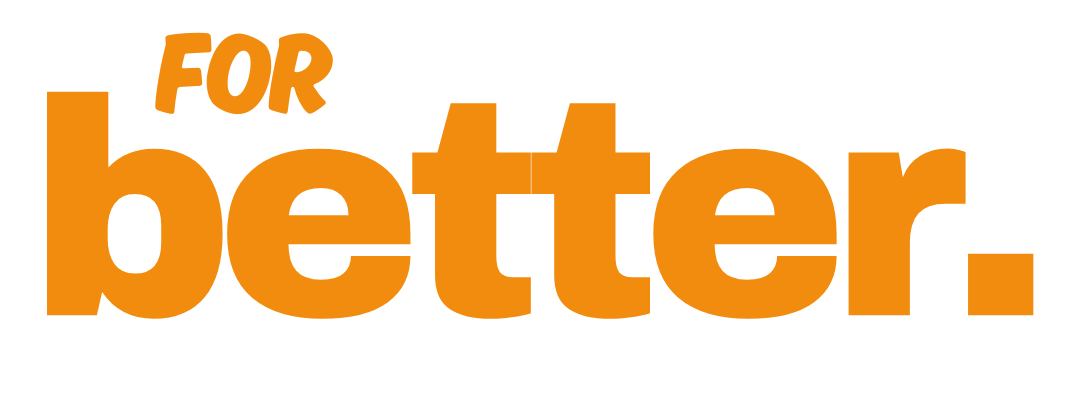Meta, Moderation & What it Could Mean for Open Social Media

Mark Zuckerberg's latest announcement has shaken up social media in all the wrong ways.
What a start to 2025. Trump is already threatening multiple nations with invasion and Musk is acting as his court jester, using X to poke at the snarling bears of European politics.
Surprisingly (or unsurprisingly if you accept that dystopia is now reality), Zuckerberg's Meta has followed suit.
Why? That can only be hypothesised, but with a glowing comment about rival platform X as Facebook steals one of its features (note the amount of times Meta has stolen features and given no credit), it seems like part of Zuckerberg's continued effort to sit at the MAGA table and avoid all the threats Trump made about Meta before he won the U.S. election.
The Gist
Meta is removing third-party fact checking and opting for a 'community note' style system in place of moderation, as X turned to.
"The fact-checkers have just been too politically biased and have destroyed more trust than they've created, especially in the US. So, over the next couple of months, we're going to phase in a more comprehensive community notes system." - Mark Zuckerberg
As if it actually were a dystopian novel, Meta have slapped on the symbolism and moved their Trust & Safety team away from California to Texas. Swapping legendary west coast pride parades for the red blooded dust of the south.
The full statement can be seen on Meta's website.

What it means
As the politics of the U.S. become more right-wing, Meta will no longer take action on accounts which echo the racist, homophobic, sexist and hateful takes that the elected officials of the United States can make.
Instead, Meta will focus on preventing unlawful or dangerous content. This seems like a fine and noble task, until you wonder what that really entails under a Trump government. Will it be unlawful to be trans? Will it be unlawful to post about contraceptives?
Threads, the Social Web & New Social
When Threads opened up Fediverse Sharing, a feature which allows you to connect your Threads profile to a wider network of social platforms - effectively making Threads a part of the open social web, I celebrated.
Threads joining this network was, to me, a good thing. Yes, Meta are about as welcome as a hyena on ketamine. But, people use Meta products. Namely, Instagram, which is connected to Threads.
Some people will argue that if someone is using a Meta platform, they're not 'worthy' of being in the space anyway. That's stupid. Celebrities, world leaders, journalists, organisations - Threads was the first step towards open social media for them. For the masses.
At the time when Threads opened to federation, there were also genuine concerns. Mostly surrounding the kind of content Threads users would bring to the network and how it would be moderated.
For this reason, a lot of users and/or instances blocked federation to Threads. I imagine, now, that they're laughing.
But, very cautiously, I don't want to jump to the conclusion that Threads is doomed. It is still a very good route to open social media for the majority of people. Perhaps even more so, now that they are questioning the power of social media owners.
Unfortunately, the state of federation on Threads is not yet in a place which invites the naturally curious to open social platforms like Mastodon. I can't imagine it will get there anytime soon either.
What's next?
For me, I say we stay open to Threads and reignite the efforts to bring Threads users to open social media. Places free from Zuckerberg's control.
Many Threads users will move to Bluesky (honestly, many already had), so we too should continue the efforts to promote the bridge on Bluesky. Likewise, someone with a knowledge of tech should build on ATProto and realise the vision the Bluesky creators have of a decentralised network.
Better yet, more and more people are now questioning why social media even worked on the least social of structures. They want change. Hopefully, with open social media - New Social - we can offer them something different. An internet of social alcoves, where you can choose how to moderate your content.
For the leaders at Mastodon, things are more complicated. Their involvement in The Social Web Foundation, a U.S. charity which brings together Activity Pub platforms - including Threads - has thrown a spanner in the works.
The Social Web Foundation, although it carries a very narrow view of what the 'social web' is (whilst staking claim on the space), offered a very real promise of money. The thing New Social technology, like Mastodon, desperately needs.
I wasn't in the room. I don't think I'm even on the radar of the people who were. But, I imagine, the money that The Social Web Foundation received was very closely tied to Threads. How they go forward, and how the leaders of other involved projects react, will be very interesting to watch.

Some links






